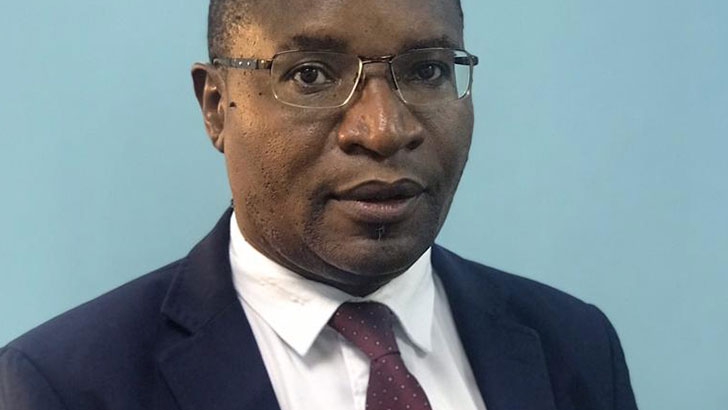Public universities workers endorse pensions law review
Public Universities Staff Union (Pusu) has endorsed proposed provisions in the Pensions Act under review, which seek to economically empower workers before and after retirement.
The Pensions Act is being amended to, among other things, reduce the waiting period for one to access their pension funds when out of employment, and increasing the take-home lump sum upon retirement from the current 40 percent to 70 percent, and to allow early access to the same before retirement.

Pusu feels the provision to allow members withdraw their money if they are remaining with less than five years to retire will enable employees to have adequate time to prepare for a decent retirement.
In a statement following its national executive committee meeting over the Act, the union’s president Jimmy Gondwe observed that most people retire when they are not ready, as a result, some keep on changing date of birth in order to remain on the payroll while others plead for month-to-month arrangement to have something to feed on.
He said the provision to allow employees to withdraw both employee and employer contributions will bring a sense of ownership of the pension fund because the spirit of the law is that the money contributed by employer also belongs to the employee.
Gondwe said: “We agreed that the provision to allow employees withdraw up to 70 percent of the pension fund will enable them [employees] to have adequate capital with which to invest in meaningful economic activity from which they can earn substantial money rather than helplessly waiting for monthly droppings from the insurance company.”
He denounced sentiments by the central bank that early withdrawals of the pension funds will trigger old age poverty, arguing that such statements are not scientifically proven, “and are demeaning to workers because if they withdraw the money early, they will be able to invest as opposed to fund managers who are keeping the funds idle”.
Gondwe said most retired workers now end up living like beggars as they wait for their money to come through, but with the proposed arrangement, most employees will be retiring honourably after preparing for it.
He added: “Most pension administrators and pension insurance companies have failed to properly invest the available money. We need a pro-employee pension scheme in Malawi. The Pension Amendment Bill is a step in the right direction.”
The Reserve Bank of Malawi Governor Wilson Banda recently warned that early pension fund withdrawals by financially-stressed employees may fuel old-age poverty as retirees will not have adequate monthly annuities to withdraw.
He said some of the withdrawals have been attributed to the impact of the Covid-19 pandemic, which led to retrenchments.
Banda said: “For instance, a total of 7 740 early pension withdrawals were paid in the quarter ending June 2021. The early pension withdrawals decrease pension savings, which result in less pensions during retirement and the concerned members will be vulnerable to old-age poverty.”
On his part, Employers Consultative Association of Malawi (Ecam) president Buxton Kayuni said pension is one of the few social protection schemes available in Malawi and that any erosion of it will affect economic growth as envisioned in the Malawi 2063 development agenda.
He said in the current Pensions Act review debate, Ecam was alarmed by the proposal to increase the lump sum payout to 70 percent.
Kayuni noted that retirees currently complain that the monthly pensions were not enough to meet their needs and warned that the situation could worsen if the proposed ratios were to pass.
He said: “Such a position is not supported by evidence, it will compromise the sustainability of the pension sector in Malawi and this will erode income security for pensioners who by their age many of them will become vulnerable.”
In a statement, Malawi Congress of Trade Unions secretary general Madalitso Njolomole asked employers to remit the arrears to avoid affecting those retiring from work.
On the review of the Pensions Act, he said due to the adverse effects of Covid-19, a majority of workers are opting to withdraw their pension funds because of economic hardships. Njolomole said the waiting period after one loses employment should be reduced from the current six months.
Financial Literacy and Consumer Protection (Baseline and Follow up Surveys) findings in 2013 and 2018, have shown that most Malawians, including those with tertiary education and in formal employment, lack knowledge on what pension is, how it works and what are the requirements as per the Pension Act. Pusu, which represents over 80 percent of workers in public universities in Malawi, is an association of eleven staff unions from five public universities, namely Lilongwe University of Agriculture and Natural Resources, University of Malawi, Malawi University of Business and Applied Sciences, Kamuzu University of Health Sciences and Malawi University of Science and Technology.





